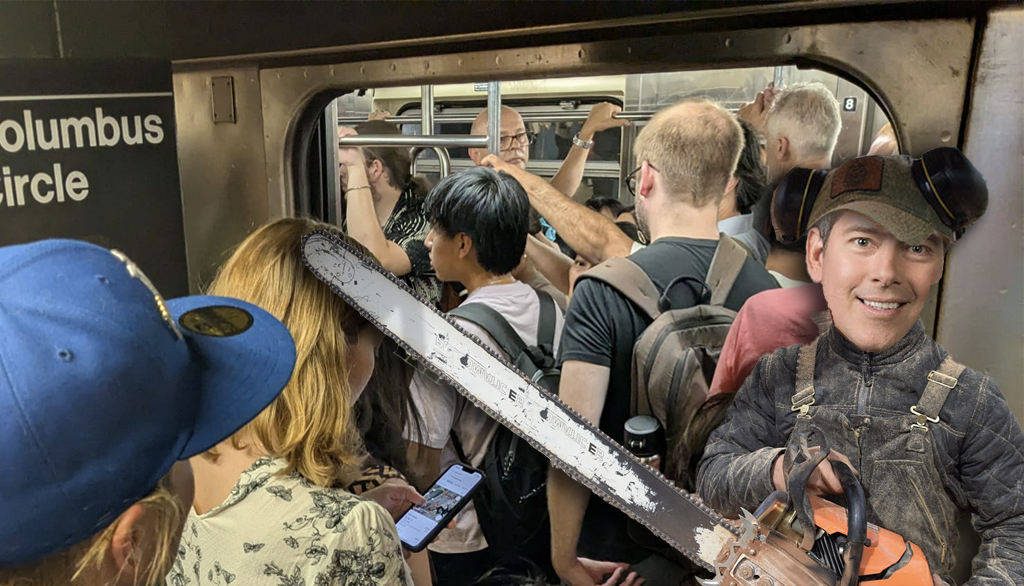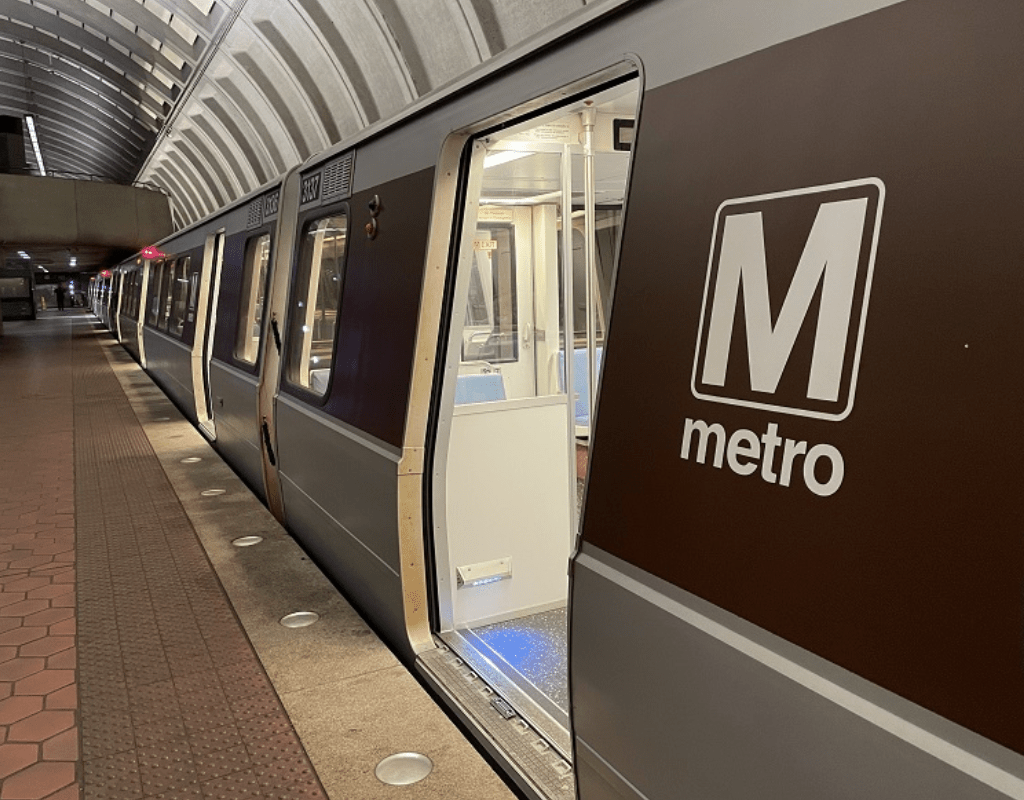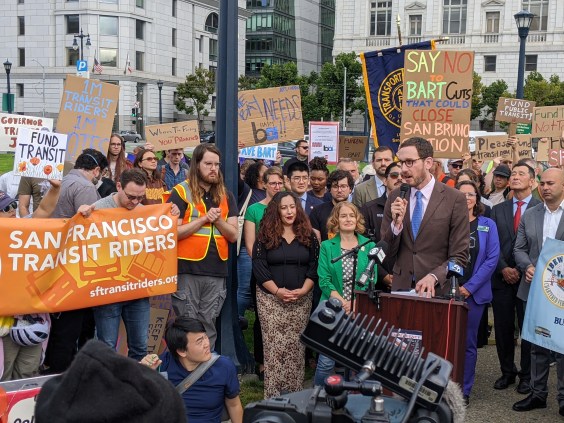In the weeks leading up to the impending insolvency of America's transportation funding source, members of Congress have come up with some truly outlandish ideas just to avoid raising the gas tax.
Not all of the gas tax substitutes are as crazy as reducing postal delivery, however. Congressman Peter DeFazio (D-Oregon) has put forward an idea that might be the most sensible so far: replacing the gas tax with a $6.75 tax on each barrel of oil. DeFazio's proposal doesn't raise the gas tax, which -- rightly or wrongly -- is considered a political nonstarter. But it has merit, says Teddy Lederer at Transportation for America:
The "Repeal and Rebuild Act” would create a per-barrel fee on oil headed to refineries, with a refund for non-automotive uses and diesel fuel. Although consumers would no longer pay directly, Rep. DeFazio's office says, this would preserve the "user pays" feature of the highway and transit program by continuing to collect based on fuel use.
"What if we got rid of the tax that people don’t like," Rep. De Fazio told The Oregonian newspaper, “and move it upstream to something that most people don’t like — the oil industry?"
A barrel tax of $6.75, combined with indexing the diesel tax to rise with inflation, would raise $314 billion over 10 years, Rep. DeFazio’s office says. The proposal includes repeal of the current truck tire excise tax. The barrel fee would rise over time, because it would be “double indexed” to match the growth of the U.S. DOT’s Highway Construction Cost Index and to replace revenue lost as CAFE standards require greater fuel efficiency. Together with indexing the diesel fuel tax, DeFazio’s proposal would raise $104 billion more over ten years than continuing the existing gas tax.
DeFazio's is a long-term fix that unfortunately doesn't solve the short-term shortfall. There would need to be a stop-gap funding measure until 2017, when DeFazio's proposal would start generating a positive balance, Lederer reports.
Elsewhere on the Network today: Strong Towns says America's unparalleled prosperity has made it complacent, not innovative, when it comes to transportation. And Walkable Dallas Fort Worth says the Big D can be transformed if it just imagines itself as a place where people, not cars, are prioritized.






